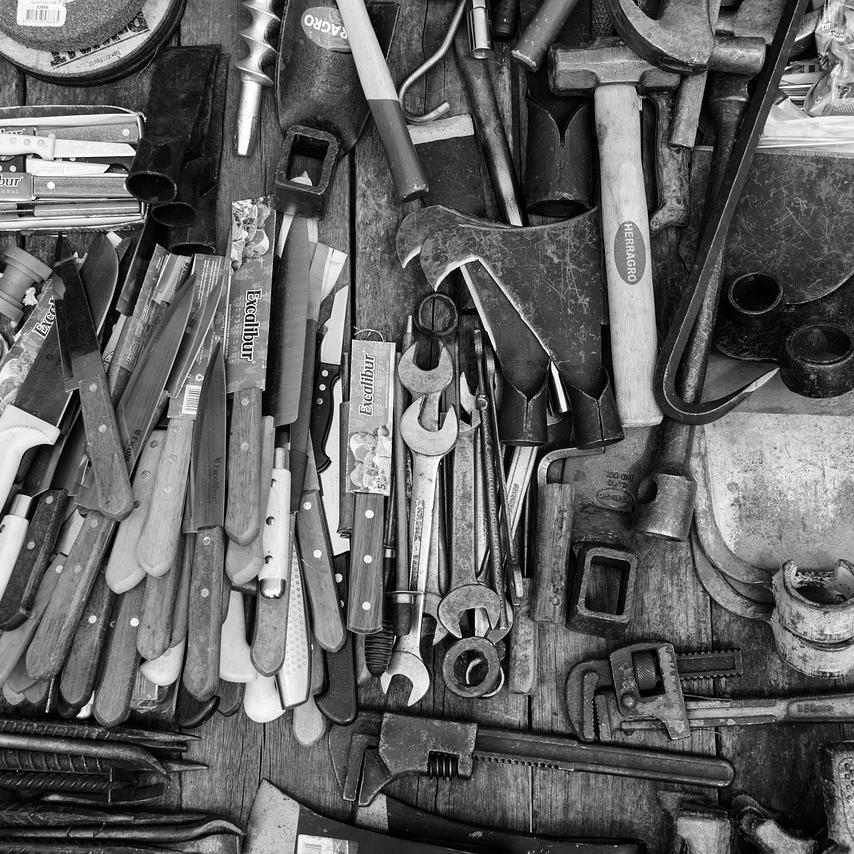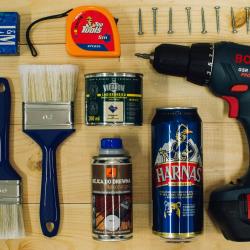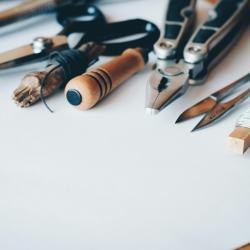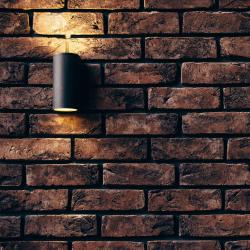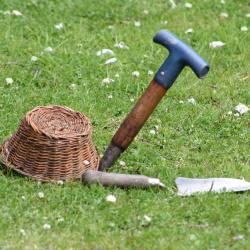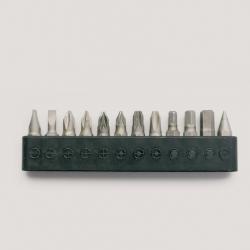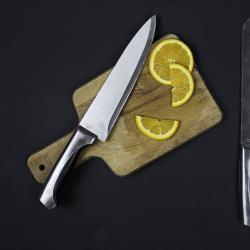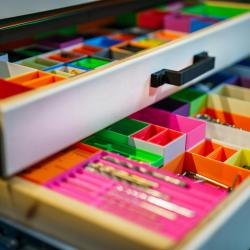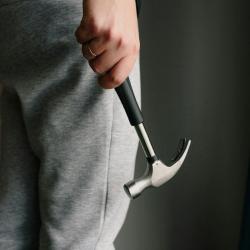Basic Tools Every DIYer Should Have
Today the ability to do it yourself (DIY) is more than just a skill; it's a way of life. Whether it's fixing something around the house, building new furniture, or crafting decorations, having the right tools on hand is essential for any DIY enthusiast. Here’s a guide to the basic tools every DIYer should have in their toolkit to handle a variety of projects effectively and efficiently.
1. Hammer
A hammer is one of the most fundamental tools in any DIY toolkit. It's perfect for driving nails into wood, fitting parts, forging metal, and breaking objects. A claw hammer, which features a head with one side for pounding and another for removing nails, is versatile and invaluable for various tasks.
2. Screwdrivers
Screwdrivers come in two main types: flathead and Phillips. A set that includes different sizes of both types is essential. These tools are useful for assembling furniture, fixing loose screws, or taking apart devices. A magnetic tip can also be helpful, as it holds screws in place during tasks.
3. Tape Measure
Accuracy is key in DIY projects, which makes a tape measure indispensable. It's essential for measuring lengths, widths, and heights, ensuring that materials are cut to the correct size. A standard 25-foot retractable tape measure suited for most household tasks is a good choice.
4. Pliers
Pliers are another must-have. They can be used for gripping, twisting, bending, and cutting wires and nails. A few types every DIYer should consider include needle-nose pliers for intricate work, slip-joint pliers for general use, and lineman’s pliers for electrical tasks.
5. Adjustable Wrench
An adjustable wrench is crucial for working with nuts and bolts. Its jaw size can be modified to fit a variety of fasteners, making it versatile for tasks like assembling furniture or repairing plumbing.
6. Utility Knife
A utility knife is perfect for cutting different materials, such as cardboard, plastic, and drywall. Its retractable blade ensures safety when not in use, and replaceable blades keep it sharp for precise cuts.
7. Level
For ensuring that objects are straight and surfaces are even, a level is vital. Whether you’re hanging pictures, installing shelves, or adjusting furniture, a level helps make sure everything aligns correctly.
8. Electric Drill
An electric drill is a powerful tool that can be used for drilling holes and driving screws much faster than manually. A cordless drill gives more freedom of movement without worrying about power outlets. Consider a model with variable speed settings and multiple drill bit options to handle different materials.
9. Saw
A saw is necessary for cutting wood, metal, or plastic. A hand saw is great for small or precise cutting tasks, while a powered circular saw or jigsaw can handle more substantial and intricate cutting jobs. A DIYer should choose based on the types of projects they intend to pursue.
10. Sandpaper and Files
Finishing touches can make a big difference in DIY projects. Sandpaper and files are essential for smoothing edges, shaping wood or metal, and preparing surfaces for painting or varnishing. A variety of grits will cover different finishing needs.
Conclusion
Equipping yourself with these basic tools is an investment in your abilities to tackle a wide array of projects around the home and beyond. While individual needs may vary based on specific interests and tasks, this toolkit will provide a strong foundation for any DIYer. As you grow your skills and confidence, you can always expand your collection with more specialized tools. Remember, the key to successful DIY projects is not just having the right tools but also knowing how to use them efficiently. Happy DIYing!
